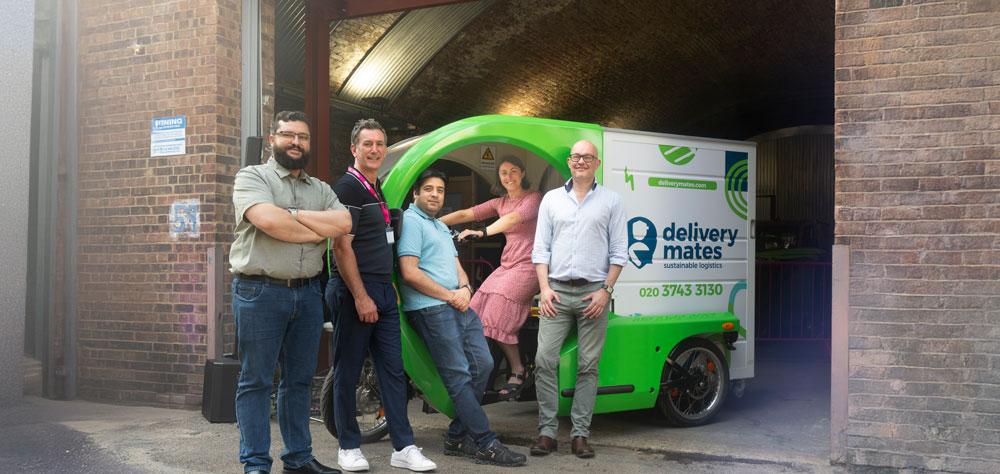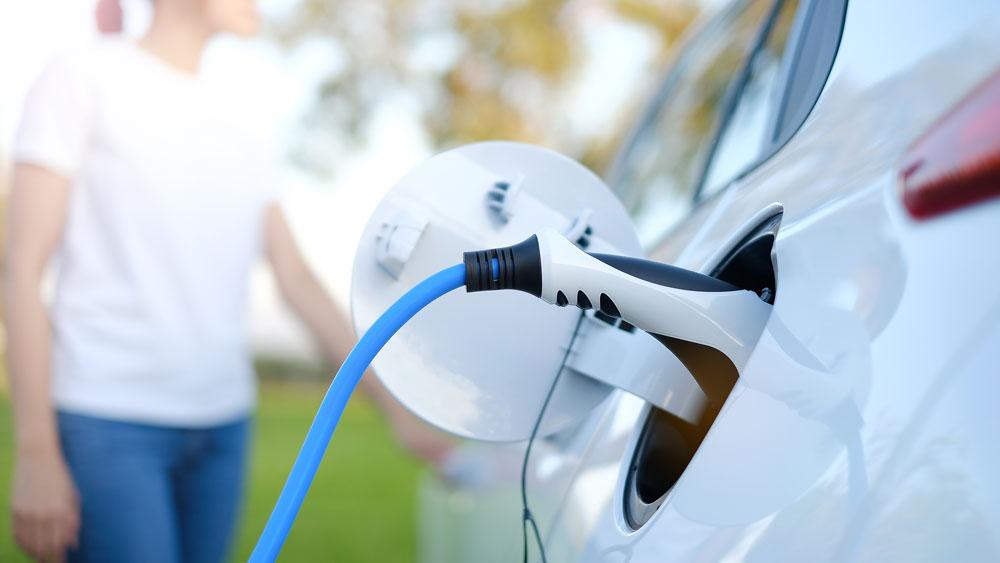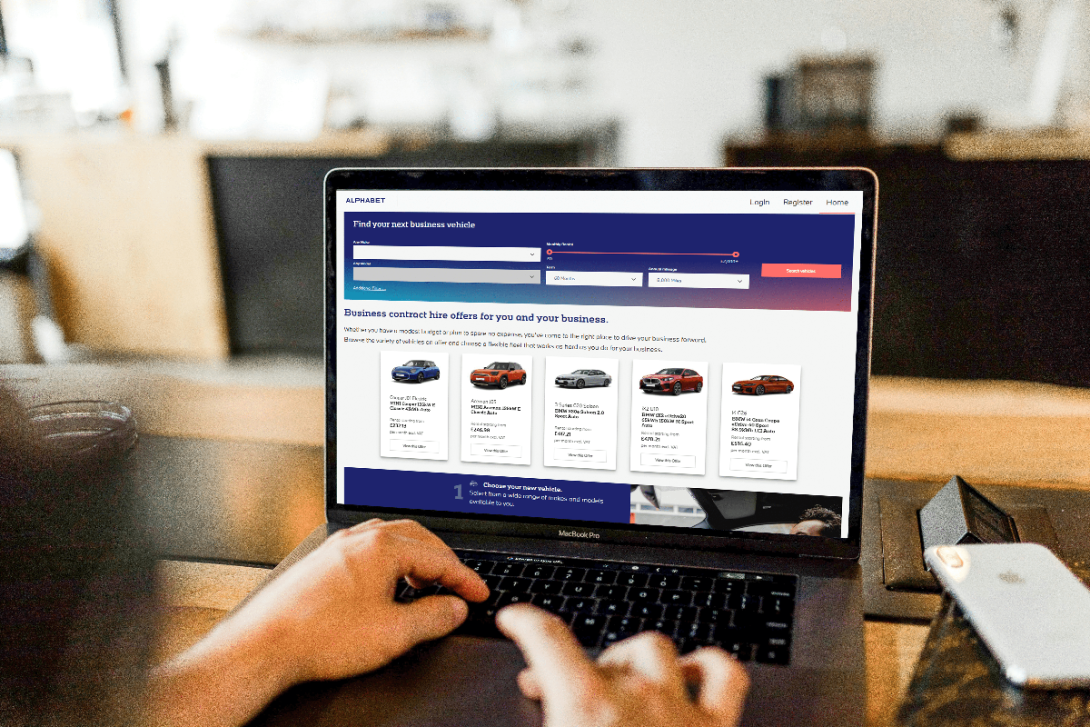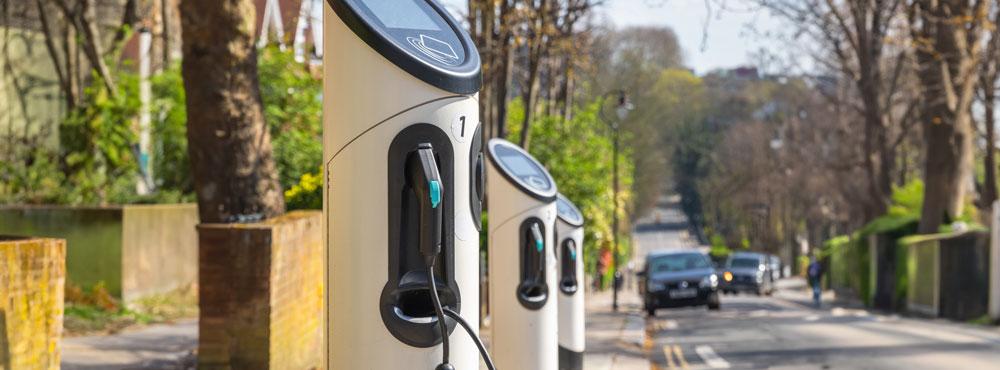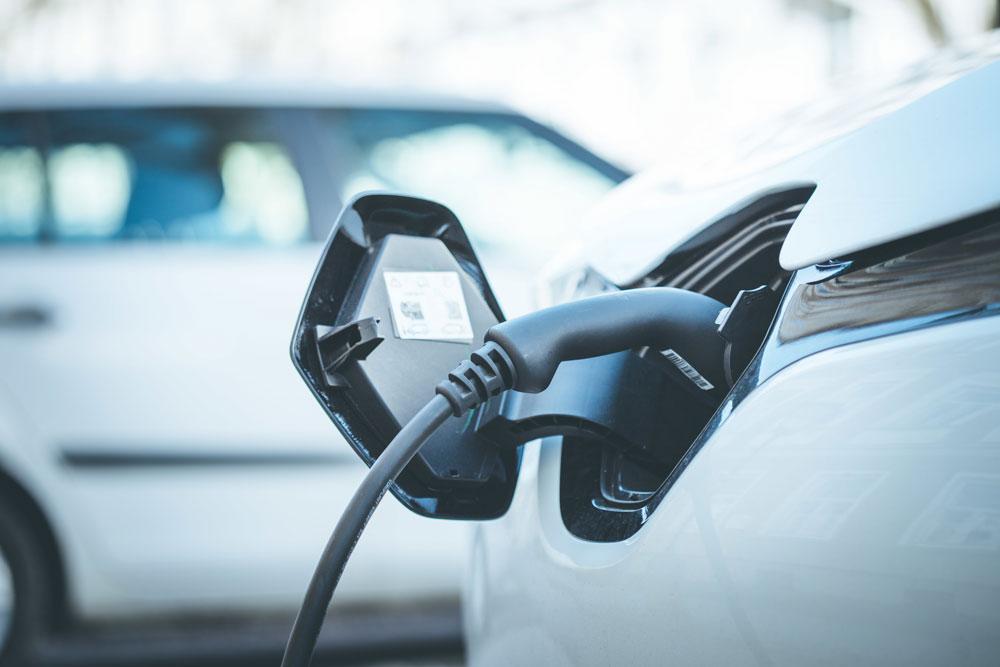Despite an enthusiasm for sustainable practices, some small businesses may hesitate at the process of moving to electric vehicles. Tina McKenzie, policy chair at the Federation of Small Businesses, explores the primary concerns and shares what needs to change to make the switch easier.
In today’s environment of rising costs and low margins, with the rise to employer National Insurance contributions a very recent memory, it’s understandable that small business owners are generally feeling cautious about making investments – even ones which, in the long run, would save them money.
Switching from an internal combustion engine (ICE) vehicle to an electric vehicle (EV) is one of those potentially tricky decisions, in many cases. Even setting aside the general higher upfront cost of an EV, there are other practical considerations which could make a small business hesitate.
Cost is, however, the main consideration for small firms. Nearly half (46 per cent) of small businesses listed the cost of EVs as the main barrier to transitioning to a zero emission vehicle, as set out in FSB’s newly-published report, New Growth: How to support small businesses to cut carbon and costs on the road to Net Zero, sponsored by Zurich UK. With EVs costing more on average to purchase than equivalent ICE vehicles, small firms face a trickier purchasing decision, not helped by the fact that the Expensive Car Supplement for new electric cars priced over £40,000 works out at £410 per year for five years.
The lower running costs of EVs, thanks to charging costing less than refuelling petrol or diesel vehicles, and maintenance expenses that are notably lower than ICE vehicles, mean that those small businesses that have been able to make the switch can see the difference in their margins – once they have overcome the higher upfront costs. Exemption from or reduced rates for clean air and low emission charging zones are another benefit to many business EV users.
Residual values for EVs are another cost-related concern for small firms, selected as a barrier by nearly a quarter (23 per cent). Data from Auto Trader’s Retail Price Index shows that the price of second-hand EVs has fallen significantly in recent years, from a high of over £40,000 in mid-2022 to just under £25,000 in the most recent figures for April 2025 – a fall of nearly 40 per cent.
More stability in this market would be helpful for small businesses, which on the whole have fewer resources to devote to fleet management than their larger counterparts, and whose smaller turnovers mean that taking a hit on the residual value has a larger impact.
Increasing regulation around battery quality would also work to build confidence in the market, with 30 per cent of small businesses saying more information around batteries would encourage them to transition to an EV. The Government should implement the standardised battery health certification scheme it called for in its Plan for the Automotive Sector to ensure that the second-hand market accurately reflects the needs of small businesses.
For both upfront cost and residual value concerns, looking at alternative financing options could alleviate small firms’ fears. Using a lease or contract hire to finance an EV means far less upfront cost is required, while the finance company – as ultimate owner of the vehicle – is on the hook for the resale value.
Infrastructure worries
The second most commonly-cited factor deterring potential EV switchers was a lack of support infrastructure such as charging points, selected by two in five small firms (41 per cent). Small businesses are also concerned about the practicalities of charging, including the inability to book a charging space, the lack of rapid charge points, and the large variety of apps needed to access charge points. For a courier business with a tight schedule, for example, a confusing array of apps, or lack of space at a charging station en route, could derail a day’s work, and cause a loss of profit. There are stark geographical disparities, with 250 charging devices per 100,000 EVs in London, but only 108 devices per 100,000 EVs in the West Midlands. However, the network of public charging points is expanding all the time, going from just under 54,000 at the start of 2024 to over 73,000 at the beginning of this year, an increase of 37 per cent.
A lack of viable zero emission van or lorry models was a concern for a fifth (22 per cent) of small businesses. While breakthroughs in battery technology are offering some hope that the range of LGVs and HGVs available to business users will become more attractive options in the future, at present there is not enough choice for a significant minority of small firms.
One in 20 small businesses (five per cent) said that a refusal (either actual or anticipated) on the part of their landlord in relation to installing an EV charging point was a factor stopping them from making the switch. Small business tenants with a reluctant landlord can arm themselves with information about the Workplace Charging Scheme, which only one in six small firms (16 per cent) are aware of. The scheme covers up to 75 per cent of the cost of the purchase and installation of charge points, and clearer signposting of the scheme through the UK Business Climate Hub and by Local Authorities could potentially increase uptake.
More encouragingly, FSB’s research found that one in 10 small businesses intends to switch to an EV next time they upgrade their business vehicles, while figures from the Society of Motor Manufacturers and Traders show that business adoption of EVs is behind the record high of one in five new car sales in 2024 being an EV: battery EVs made up a quarter (25 per cent) of business buyers’ new vehicle registrations across last year, but only one in 10 of new cars purchased by private buyers.
Practical solutions
The barriers that small firms face when considering changing from an ICE vehicle to an EV must be made more surmountable, so small businesses are not left behind in the transition to zero emission vehicles. The government should equalise the VAT on private and public charging facilities at five per cent; at present, those charging privately pay VAT of just five per cent, while public charging attracts a VAT charge of 20 per cent, penalising business users who need to recharge while out and about.
Given the higher list prices of electric cars compared to their ICE equivalents, there should be a higher £50,000 threshold for electric cars within the Expensive Car Supplement, as treating zero emission vehicles as luxury items, and not as a necessary part of the transition to net zero sends the wrong message and disincentivises business users considering a switch.
With under a third of the 300,000 public charging points that the government estimates will be needed by 2030 when the ZEV Mandate comes into effect having been installed, the government should look to replicate the approach taken by Project Gigabit, which is rolling out gigabit-capable broadband across the UK to the same deadline, and which is making good progress. This model would include competitive tendering from private companies to supply the infrastructure, with long-term contract commitments by the UK Government, and a streamlined approval process for charge point planning applications.
A national scrappage scheme would be a big help to small firms looking to switch to an EV, and could build on the success of the London Scrappage Scheme, which received close to 54,000 applications, enabling nearly 18,000 small businesses to shift from internal combustion engine vehicles to greener modes of transport at the cost of £186 million. Allowing small firms to scrap or retrofit more than one vehicle would help accelerate progress towards zero emission vehicles becoming the norm for small business users.
Business drivers and fleets need to know that the charging network is there when they need it. Just the simple step of providing much clearer signage for charge points would be a massive help, and would have the added benefit of advertising the availability of EV charging infrastructure to drivers of ICE vehicles, helping to promote the idea of switching to an EV in future.
Surface transport makes up nearly a quarter of UK emissions, with cars alone accounting for just under three-fifths of that amount. With nearly two-thirds of small firms keen for the government to place a high priority on sustainability, helping small businesses to move over to zero emission vehicles would help them save money, reduce emissions, and stimulate the economy at the same time.


